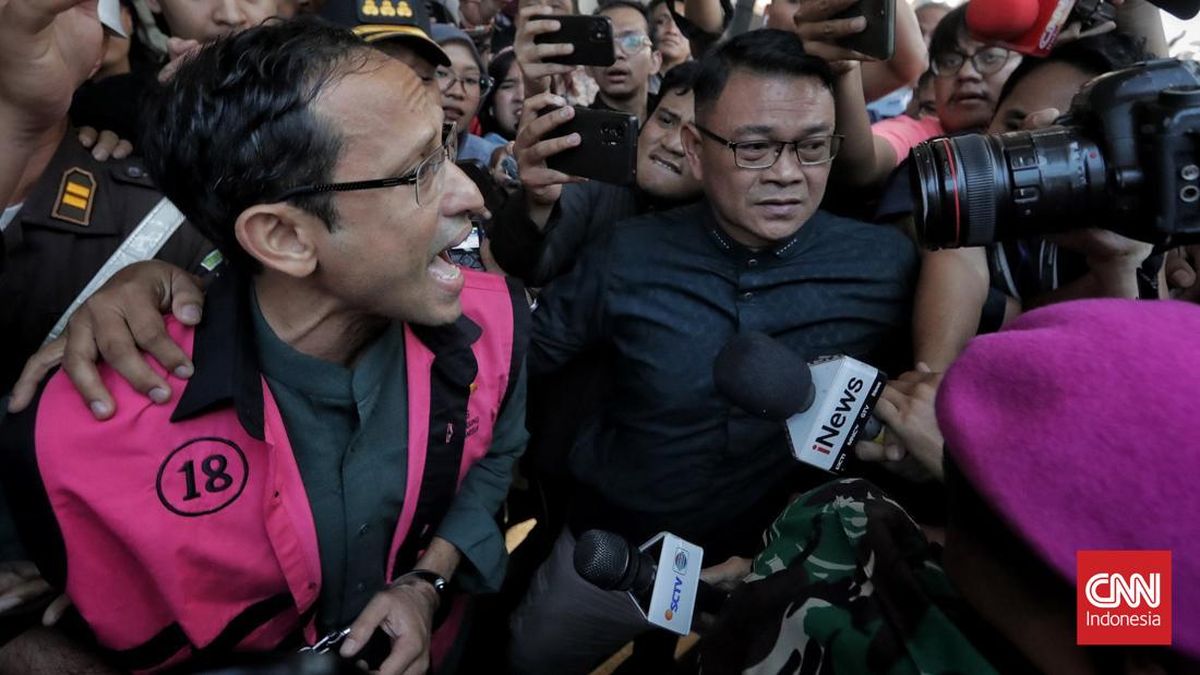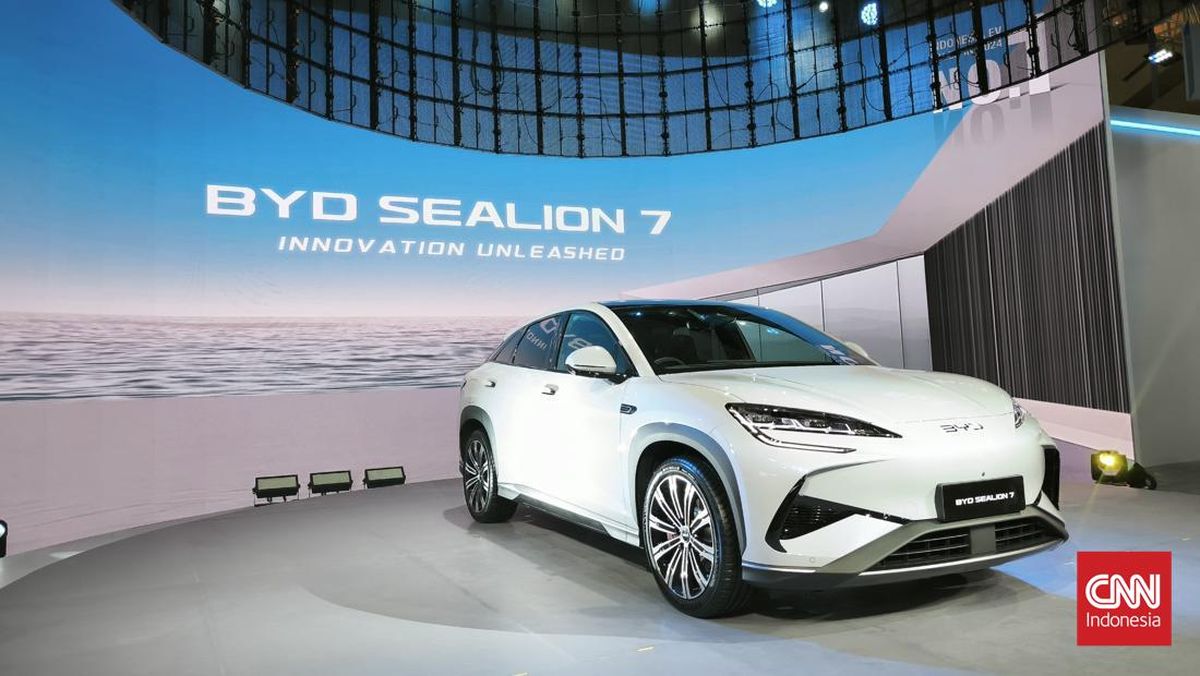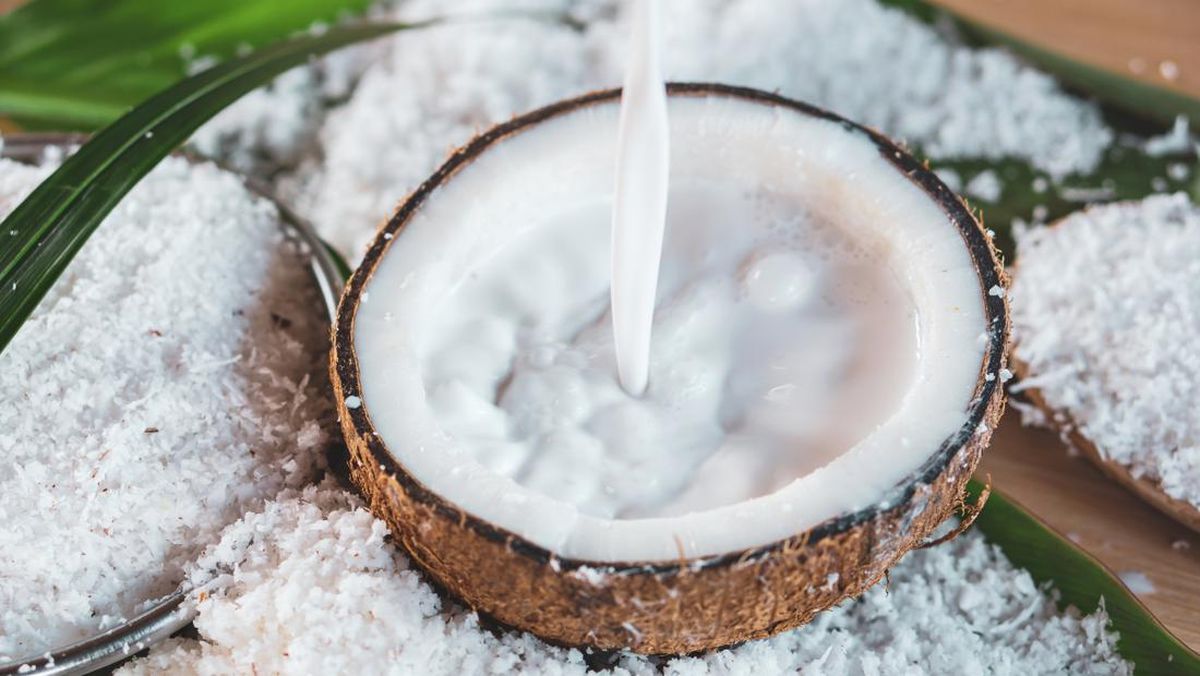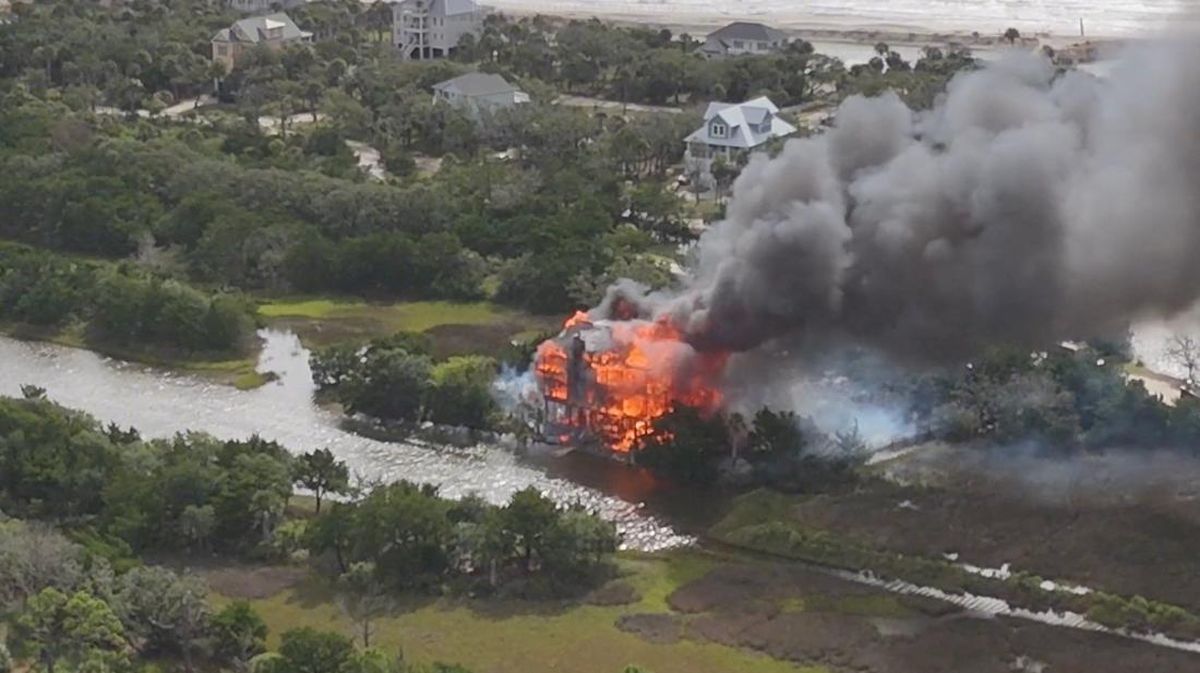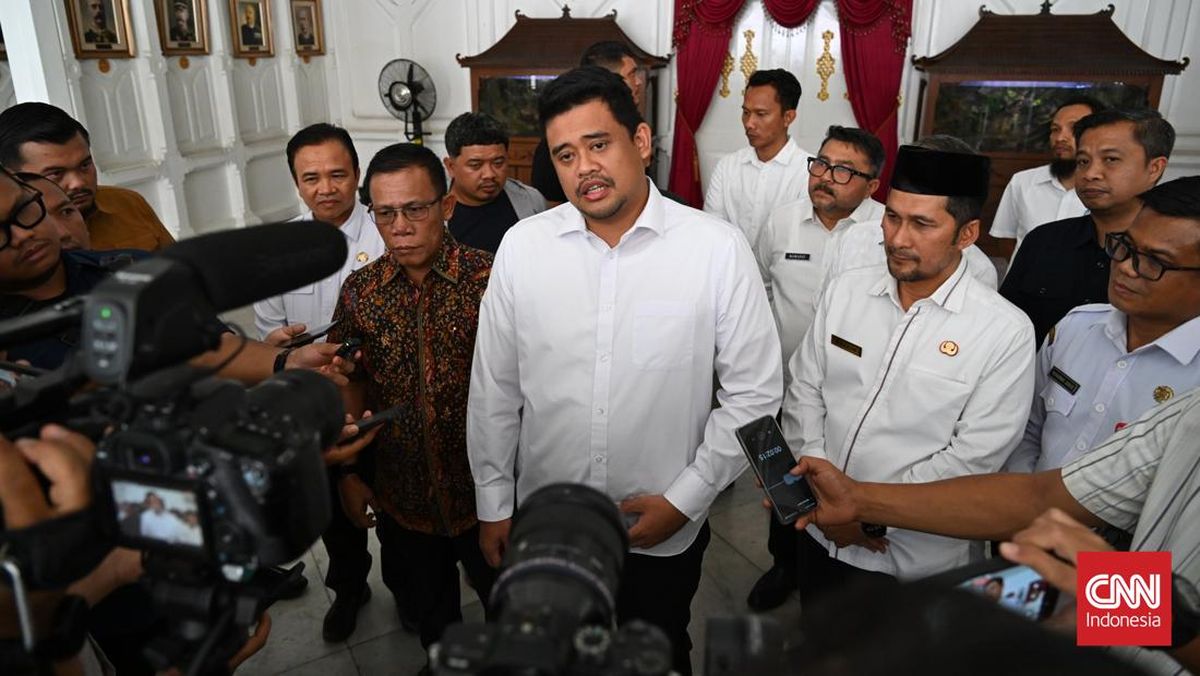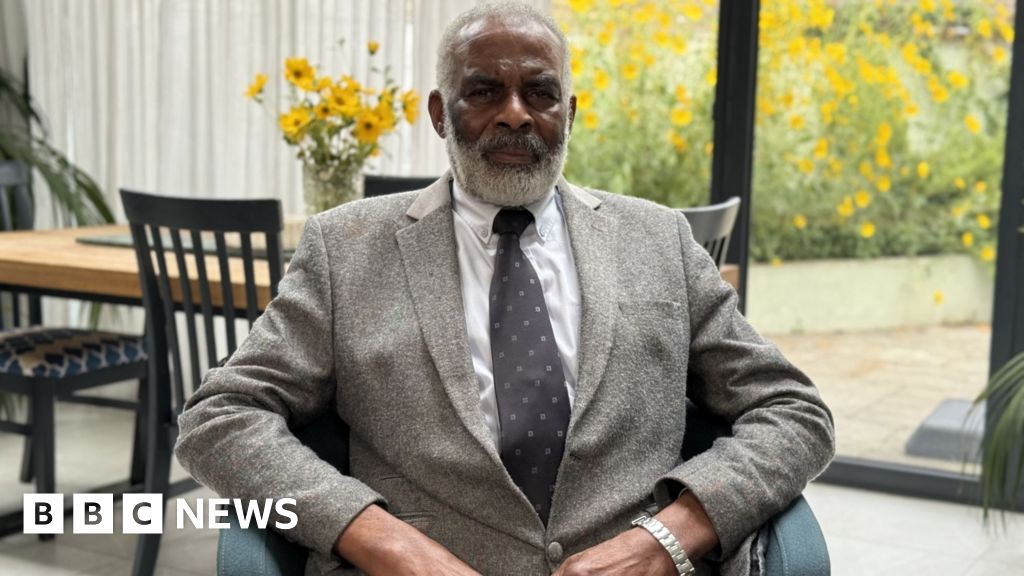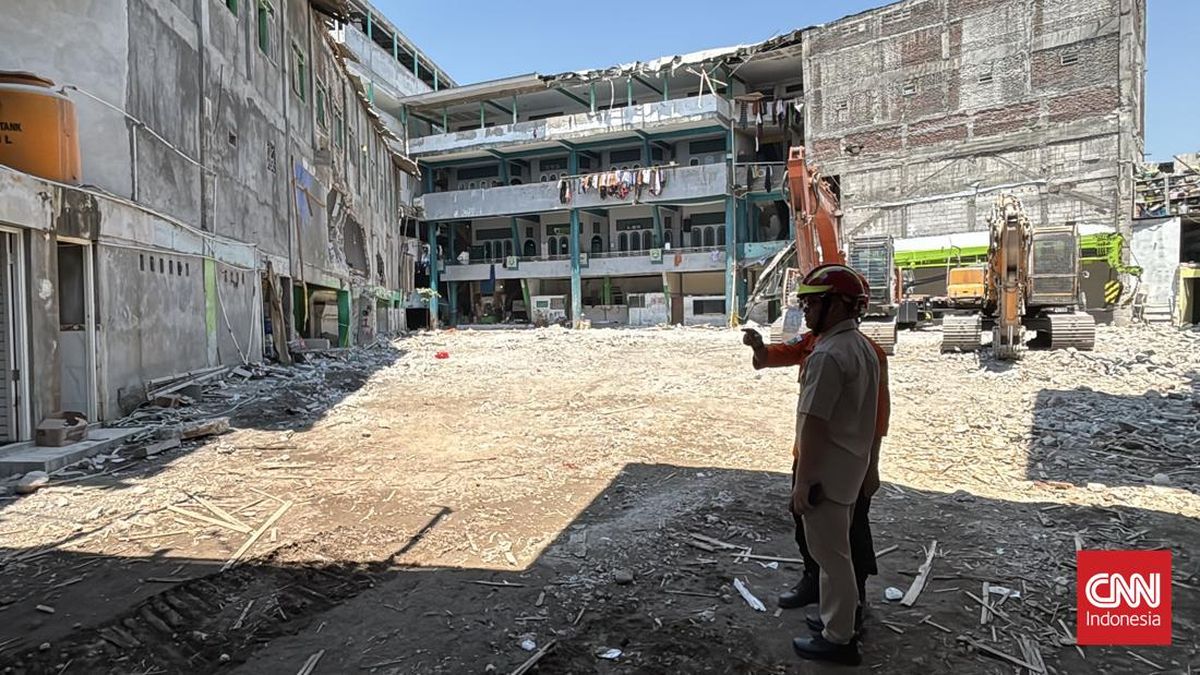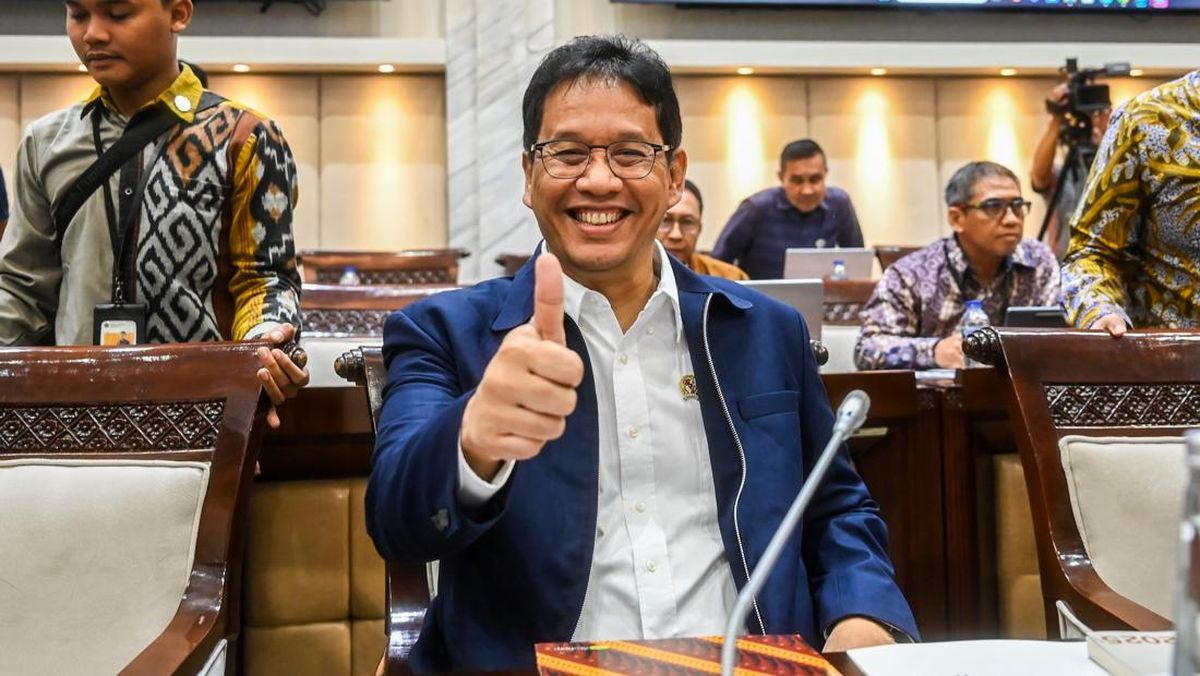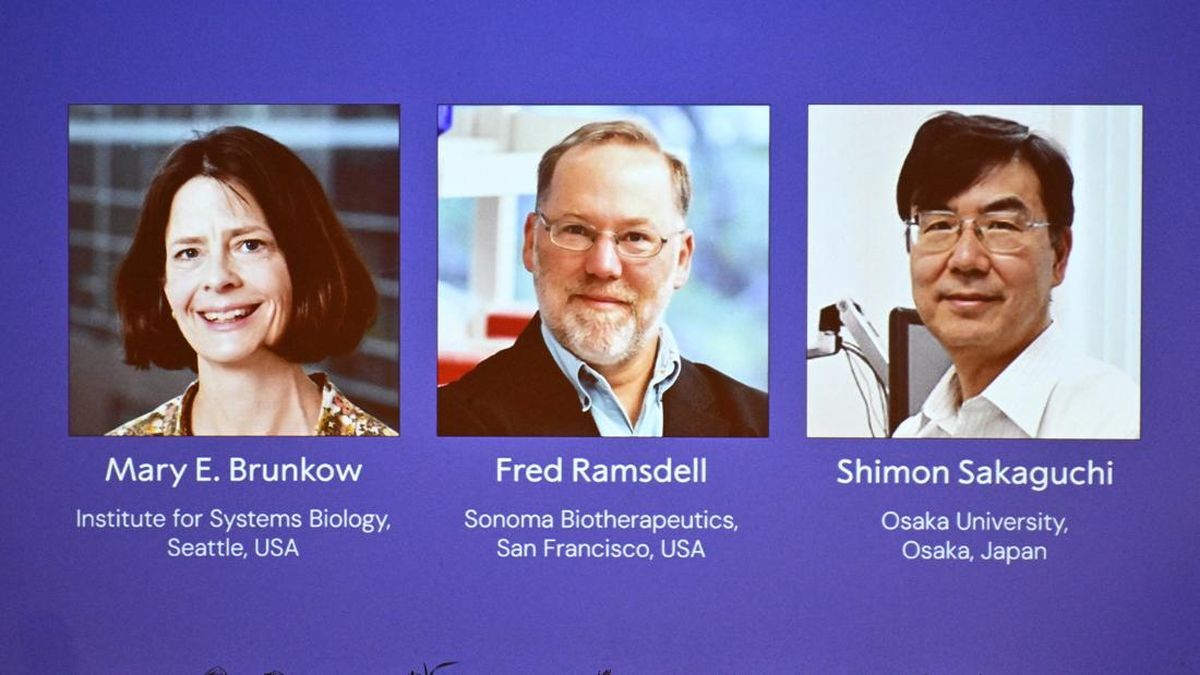Under the $360-billion-plus agreement, Australia is to buy three to five nuclear-powered Virginia-class submarines from the US in the 2030s, and build three to five of its own with the UK in the 2040s.
Loading
Expanding the defence industrial base of all three countries is another key part of the deal, and Australia is contributing billions of dollars toward US shipbuilding, including $800 million that has already been paid.
The US review is being led by defence undersecretary Elbridge Colby, who has described himself as an AUKUS sceptic and said it would be “crazy” if it resulted in subs going to the wrong places at the wrong time.
But he has since expressed more positivity, as have key administration officials including Rubio and Defence Secretary Pete Hegseth.
Wong said Australia would provide information to the Pentagon review “as and when requested”.
Loading
She pushed back against suggestions that the lack of a clear answer from Rubio on Wednesday left Australia in a perilous position regarding its future maritime defence.
“You want to write that, and I’m sure nothing I will say will stop you writing that,” she said.
“I think it is very clear, if you look at what AUKUS delivers, that it delivers near-term and medium term capability to the United States, as well as to Australia and to the United Kingdom. That is well understood here in Washington.”
Hegseth has already asked Australia and other allies to lift their defence spending to 3.5 per cent of GDP. Wong said the topic did not come up during Wednesday’s discussions.
Wong also gave no indication that trade talks were progressing toward a deal that would cut Trump’s tariffs on Australian steel, aluminium and other goods. She said Australia continued to press its opposition to tariffs and that Australia and the US enjoyed a free trade agreement.
Asked whether she had concerns about the US-Australia relationship, and whether the US was still a reliable partner under Trump, Wong said the partnership was long-standing and deep, and went beyond politics.
“President Trump has made clear that he envisages a different role for America in the world,” she said. “We understand that, and we respect that.”
Earlier, in brief remarks ahead of the full Quad meeting, Rubio said a key challenge for the summit – which was re-established in 2017 – was to turn discussions and dialogue into “concrete actions”.
Loading
Wong said one of those actions was an initiative to help secure and diversify global supply chains of critical minerals. There was still a lot of work to do, she said, but Australia was well-placed by possessing 36 of the 50 critical minerals identified by the US as priorities.
But the US recently confirmed details of a framework to expedite supply of rare earth minerals from China, as part of efforts to reduce trade barriers between the world’s two largest economies.
In a joint statement, the four foreign ministers said they were deeply concerned about abrupt constriction of critical mineral supply chains, including “the use of non-market policies and practices”.
They also condemned North Korea’s launch of ballistic missiles in violation of United Nations resolutions, and said they remained “seriously concerned” about the situation in the East China and South China seas.
“We reiterate our strong opposition to any unilateral actions that seek to change the status quo by force or coercion,” the ministers said.
That extended to “dangerous manoeuvres by military aircraft and coast guard and maritime militia vessels, especially the unsafe use of water cannons and ramming or blocking actions in the South China Sea”.
In line with Rubio’s call for more concrete action, Quad ministers agreed to hone the group’s focus to four key areas: maritime and transnational security, economic prosperity and security, critical and emerging technology and humanitarian assistance and emergency response.
Get a note directly from our foreign correspondents on what’s making headlines around the world. Sign up for our weekly What in the World newsletter.


